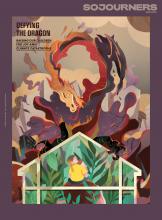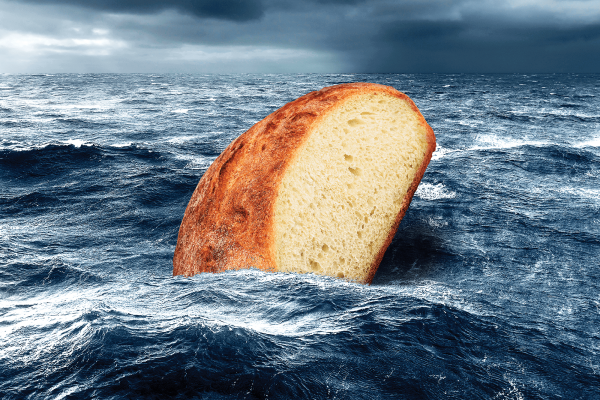THE ROUGH VOICE of the aging priest is muffled as he bends forward to touch his head to the marble altar. Face down is better than face out, he thinks, where his failure is on full display.
The near-empty church extends into shadow. A handful of worshippers avoid close contact. They grip the wooden pews with desperation, the half-drowned scrambling for a gunwale. “The hulk of the shipwreck behind them,” as the poet says. Their children won’t come to church, the hypocrisy too much to bear. He knows the saints in high niches are no match for the idols in their children’s pockets, provide no relief from their hollowed-out fatigue. He glances up. I am the captain of this ship, he thinks, and we are going down. The bread sits lifeless in the paten. The wine a flatline. Instead of Christ at the Last Supper, the priest recalls Odysseus clinging to the fig tree while the sea greedily sucks down his ship and men. Is that what you get for rustling the gods’ cattle, he wonders.
Read the Full Article

